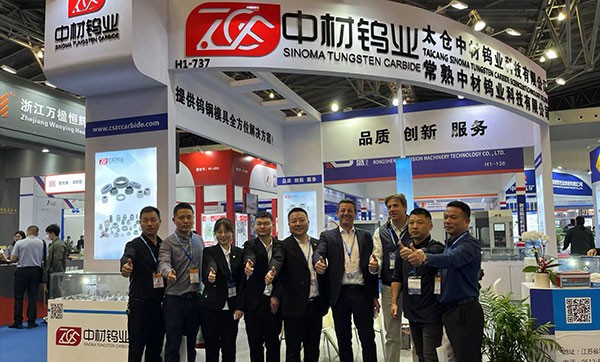Introduction:
In the realm of craftsmanship and industrial production, the term "dust-free workshop" has become increasingly prevalent. It represents a paradigm shift in how we approach workspace, emphasizing cleanliness, safety, and efficiency. Gone are the days of dusty environments causing health hazards and compromising the quality of work. Instead, the emergence of dust-free workshops heralds a new era of productivity and well-being.
Advantages of Dust-Free Workshops:
-
1. Health and Safety:
Dust particles generated during woodworking, metalworking, and other industrial processes pose significant health risks. Inhalation of dust can lead to respiratory issues, allergies, and even serious conditions such as silicosis. By implementing dust extraction systems and maintaining a dust-free environment, workshops prioritize the health and safety of workers, reducing the likelihood of occupational illnesses and injuries.
-
2. Enhanced Product Quality:
Dust contamination can compromise the quality of finished products. In industries like woodworking and electronics manufacturing, even minor dust particles can cause imperfections or defects. Dust-free workshops ensure that the workspace remains clean and free from contaminants, leading to higher-quality output and greater customer satisfaction.
-
3. Increased Efficiency:
Clean workspaces contribute to improved workflow and efficiency. Without the need to frequently clean up dust or deal with the consequences of contamination, workers can focus more on their tasks at hand. Machinery and equipment also operate more smoothly in dust-free environments, reducing downtime and maintenance costs.
-
4. Regulatory Compliance:
Many industries are subject to regulations governing workplace safety and environmental standards. Dust extraction and control systems help workshops comply with these regulations, avoiding fines and legal issues. By proactively addressing dust management, businesses demonstrate their commitment to responsible practices and sustainability.
-
5. Employee Morale and Satisfaction:
A clean and organized workspace fosters a positive work environment. Employees are more likely to feel valued and motivated when they can work in a dust-free workshop that prioritizes their well-being. Additionally, reducing exposure to dust-related health risks can alleviate concerns and improve overall job satisfaction among workers.
-
6. Long-Term Cost Savings:
While implementing dust extraction systems may require initial investment, the long-term cost savings can be significant. Preventing equipment damage, minimizing product defects, and avoiding health-related expenses associated with dust exposure all contribute to a healthier bottom line for businesses. Moreover, efficient dust management can prolong the lifespan of machinery and reduce energy consumption.
-
7. Environmental Benefits:
Dust extraction systems not only improve indoor air quality but also contribute to environmental conservation. By capturing and containing dust particles, workshops reduce the release of pollutants into the atmosphere. This aligns with broader sustainability goals and promotes eco-friendly practices within the manufacturing and production sector.
-
Conclusion:
The advantages of transitioning to dust-free workshops are clear and far-reaching. From safeguarding the health and safety of workers to enhancing product quality and efficiency, the benefits extend to both employees and businesses alike. By embracing dust-free practices, workshops can create safer, more productive environments that foster innovation and growth in the ever-evolving landscape of industrial craftsmanship.




